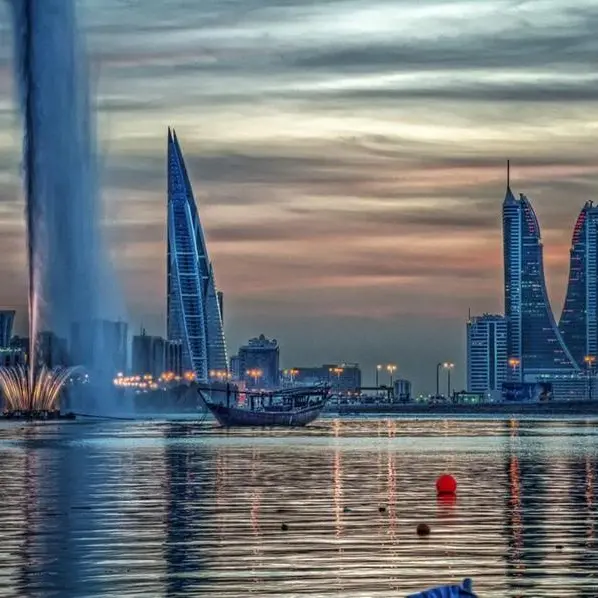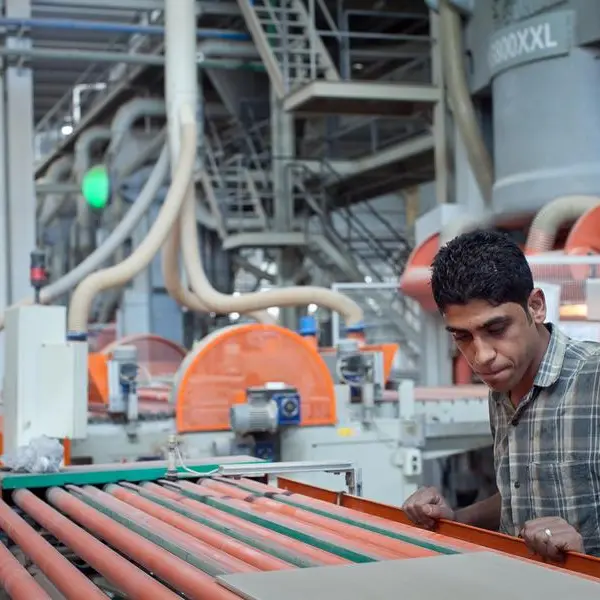Sunday, May 30, 2004
As gunmen went through three residential and business compounds in Khobar, in Saudi Arabia's oil-rich Eastern Province, on Saturday, they are reported to have sought out westerners and Christian "infidels", killing them as they found them.
It is little surprise therefore that the weekend's attack has heightened fears that militants are targeting westerners to try to drive them out of the kingdom. "I fear that this time there could be a real exodus," said one Saudi financier. "This is horrible, abominable."
The shootings and subsequent siege at Khobar follow a similar shooting spree a month ago at Yanbu, a huge petrochemical complex on Saudi Arabia's Red Sea coast, in which five westerners and two Saudi security officials died.
The main targets of the militants appear to be the estimated 35,000 Americans and a similar number of British citizens working in the kingdom. They play an important role in the Saudi oil economy, primarily as subcontractors to Saudi Aramco, the state oil company.
Islamist violence in Saudi Arabia originally targeted the US military presence, left over from the 1991 Gulf war. In 1995 a Saudi National Guard training facility was blown up in Riyadh, killing five American marines. The following year, 19 US soldiers were killed in the truck-bombing of Khobar Towers in Dhahran.
But more recently, the militants have widened their sights. Under pressure from the security forces and from public anger at the killing of innocent Saudis in their attacks, they appear to be trying to capitalise on mounting anger in the kingdom and the region at the violence of the Anglo-American occupation in Iraq. All this, many believe, points to further random and opportunistic attacks on westerners.
"We think we are entering into a period which is going to be nastier, but that's happening because these people are being forced into the open," said one senior western diplomat. "But there are lots of targets."
The US embassy in Riyadh has advised its citizens to leave the country, while the British Foreign Office has warned against non-essential travel to the kingdom. But while some foreign companies have cut down to a skeleton expatriate staff, talk of a stampede for the exit and its damage to the Saudi economy may be overblown.
Executives and diplomats say subcontractors such as Halliburton, Exxon-Mobil and Royal Dutch/Shell carrying out such tasks as tertiary recovery from ageing oil fields for Saudi Aramco, are likely to look at "personnel adjustments".
This could mean fewer westerners, more of them single, and perhaps rebased in Bahrain, close to Eastern Province. Saudi Aramco is overwhelmingly Saudi, with less than 10 per cent of foreigners among its 40,000 employees. "Oil from Saudi Aramco is not going to stop flowing because of this," one diplomat said.
One British executive warned, however, that the Yanbu and Khobar attacks would accelerate a trend for foreign investors in the Arabian peninsula to locate in the United Arab Emirates.
Less tangible is what such attacks will do to relations between foreigners and Saudis. A Frenchman at Khobar whose wife was trapped in the Oasis compound building where the militants made their last stand said: "I know many of you are good people, but this will do huge damage to this country."
Nearby, a Saudi student, Ashraf Abdallah, denounced the attackers as outcasts. "They do not represent our religion or our morals", he said. "Nobody accepts these acts."
David Gardner in Riyadh
Copyright The Financial Times Ltd 2004. Privacy policy.



















